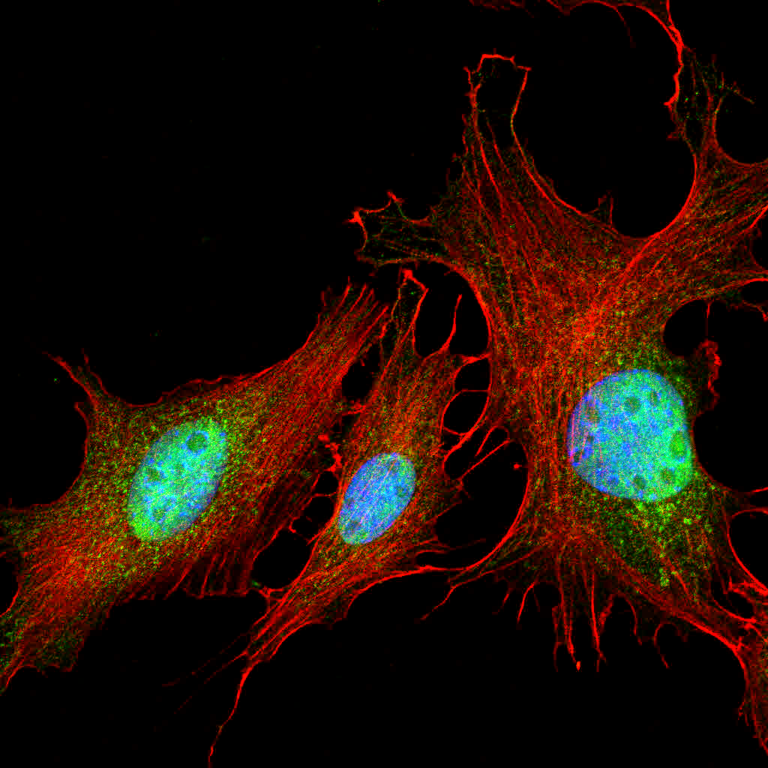Understanding the ToRCH Test: Clinical Importance and Why It Matters
When planning a pregnancy or managing early pregnancy, ensuring the health of both mother and baby is crucial. One important tool doctors use is the ToRCH test, a panel of blood tests that screens for several infections that can cause serious complications during pregnancy. Let’s dive into what this test is, why it’s important, and what it means for patients.
What is the ToRCH Test?
The ToRCH panel is a group of blood tests that detect infections which can be passed from a pregnant person to their developing baby. The acronym ToRCH stands for:
- T – Toxoplasmosis
- R – Rubella
- C – Cytomegalovirus (CMV)
- H – Herpes Simplex Virus (HSV)
Sometimes, other infections, such as syphilis, varicella-zoster (chickenpox), and parvovirus B19, are also included in extended panels.
These infections are often mild or even asymptomatic in adults but can have devastating effects on a fetus, including miscarriage, stillbirth, congenital abnormalities, and long-term health problems.
Why is the ToRCH Test Clinically Important?
1. Early Detection of Risk
Many ToRCH infections don’t show obvious symptoms in the mother, making early diagnosis difficult without testing. A positive ToRCH test can alert healthcare providers to an infection that might go unnoticed.
2. Guiding Treatment Decisions
If an infection is detected early, doctors can sometimes treat the mother to reduce the risk of transmission to the baby or minimize the impact. For example, treating toxoplasmosis with antibiotics or managing herpes outbreaks with antiviral medications.
3. Planning and Preventing Future Issues
Some infections, like rubella, are vaccine-preventable. Identifying non-immune women early allows vaccination planning either before pregnancy or, if detected after exposure, careful pregnancy management.
4. Understanding Pregnancy Complications
If a fetus shows abnormalities on ultrasound (such as growth restriction or brain abnormalities), the ToRCH panel can help identify whether an infectious cause is involved.
Who Should Get the ToRCH Test?
- Pregnant Women with suspicious symptoms (fever, rash, lymphadenopathy)
- Women with a History of Miscarriages or Stillbirths
- Newborns with unexplained birth defects or developmental issues
- Individuals Planning Pregnancy, especially if they have risk factors like exposure to cats (for toxoplasmosis) or no record of rubella vaccination
What Happens If the Test is Positive?
A positive result doesn’t always mean active infection — sometimes it shows past infection or immunity. Further testing (like IgM vs IgG antibody levels) and clinical correlation are needed.
- IgM Positive: Suggests a recent or active infection — this can be more concerning.
- IgG Positive: Indicates past infection and usually immunity — less worrisome unless it’s a new infection in pregnancy.
Management might include medications, frequent ultrasounds, or, in rare cases, specialized procedures to help the fetus.
Final Thoughts
The ToRCH test is a simple but powerful tool in safeguarding pregnancy outcomes. It underscores the importance of early screening, preconception care, and prompt medical intervention when needed. Although rare, these infections can lead to serious outcomes, so awareness and timely testing are key to ensuring healthy mothers and healthy babies. If you’re planning a pregnancy or are currently pregnant, talk to your healthcare provider about whether ToRCH testing is right for you







